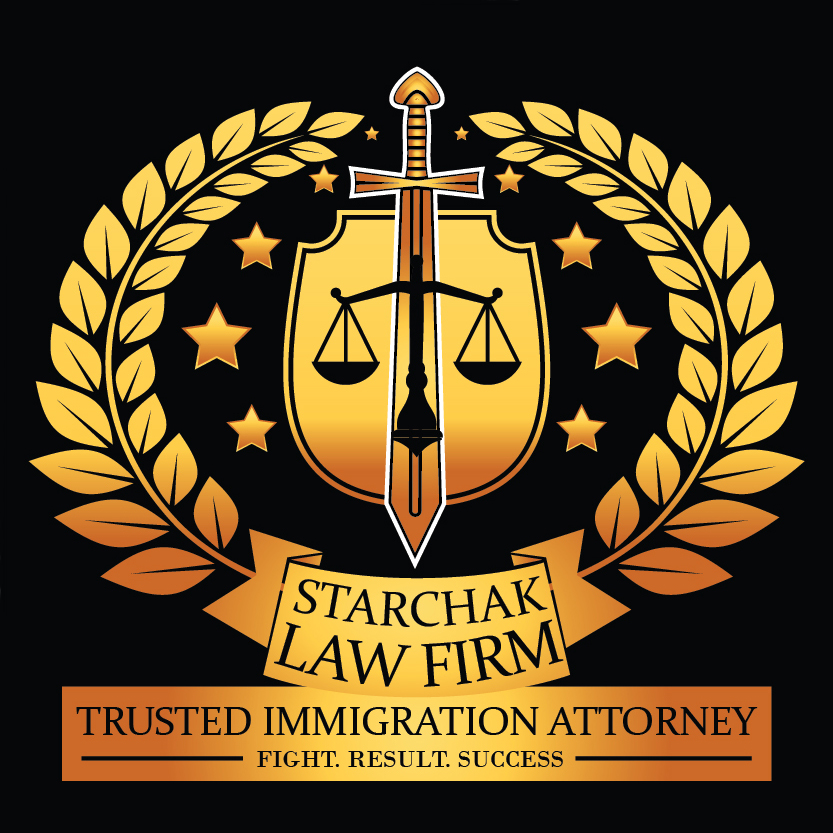https://egov.uscis.gov/e-request/displayAccomForm.do?entryPoint=init&sroPageType=accommodations
USCIS will evaluate each request for an accommodation individually in order to provide an accommodation that addresses the unique need of the particular applicant. The list of examples is not intended to be an all-inclusive list:
Deaf or Hard of Hearing- May request a sign language interpreter for an interview. May request an Assistive Listening Device for an oath ceremony.
Motor, Mobility, or Dexterity Disability- Wheelchair-user may request that the interview take place in a room with sufficient space to comfortably seat everyone. Difficulty walking may request to be interviewed in a room closer to the waiting room.
Blind or Has Low Vision- May request that the reading part of the naturalization test be given in English braille. May request that the reading part of the naturalization test be given in large print.
Speech Disability- May request to respond to the civics questions during a naturalization interview in writing. Non-vocal may request to respond to some interview questions using a non-verbal cue agreed to in advance by the interviewing officer.
Other Disability- An applicant who is seriously ill with a weakened immune system may request to have their fingerprints/biometrics taken at home.

